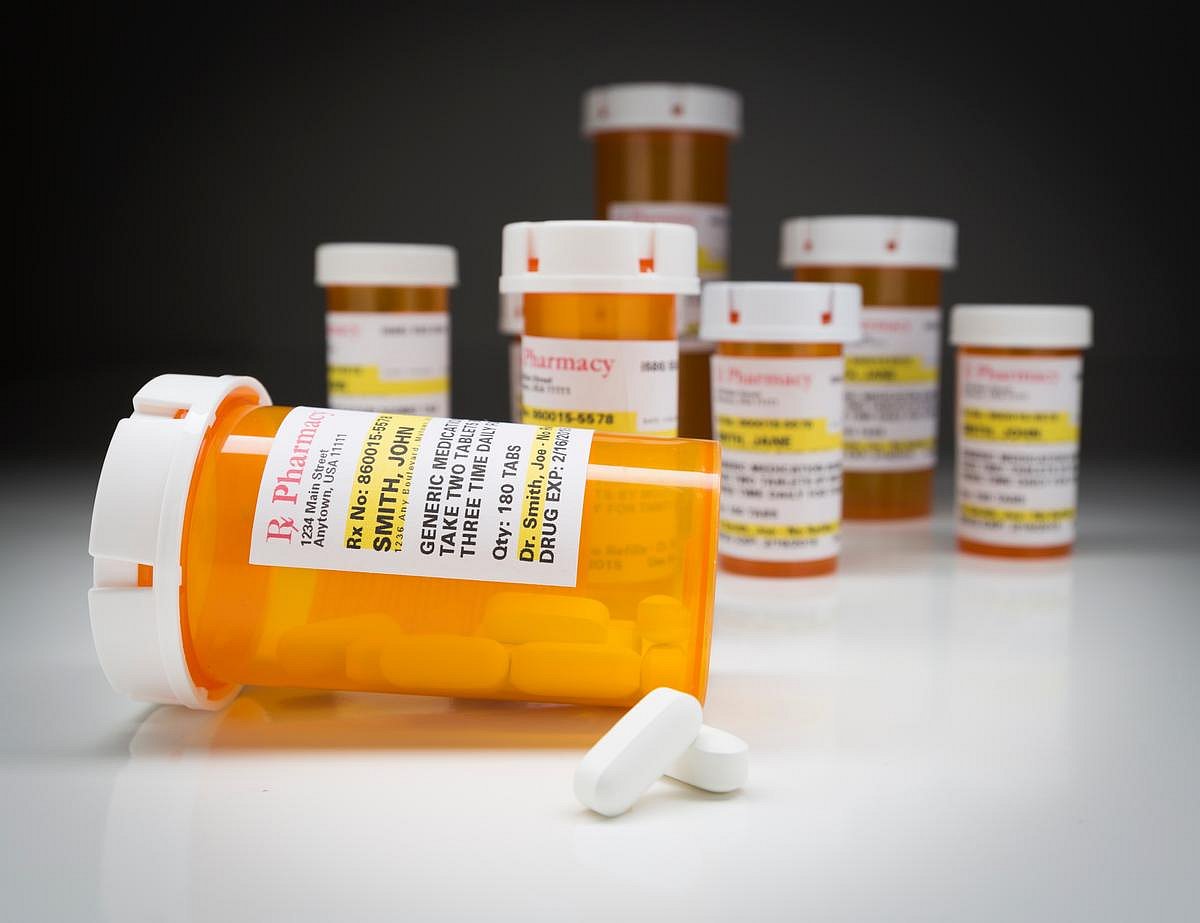Study Casts Doubt on Use of Beta Blockers Post-Heart Attack, Especially for Women
WEDNESDAY, Sept. 3, 2025 — A drug commonly prescribed to heart attack survivors may not benefit many of them, a new clinical trial has found.
Beta-blockers do not appear to reduce the risk of death, a second heart attack or heart failure in people’s whose hearts weren’t damaged by the life-threatening event, results reveal.
The findings are expected to overturn treatment standards that have been in place for 40 years, researchers said.
“Currently, more than 80% of patients with uncomplicated myocardial infarction are discharged on beta-blockers,” principal trial investigator Dr. Borja Ibáñez, scientific director of the National Center for Cardiovascular Research in Spain, said in a news release. “The (trial) findings represent one of the most significant advances in heart attack treatment in decades.”
Worse, beta blockers appeared to harm the heart health of some female heart attack patients, further results from the trial show.
"In many cases, prescribing beta-blockers to women after uncomplicated heart attack may do more harm than good," Ibáñez said.
Beta blockers are thought to help the heart by interfering with the “fight-or-flight” hormone adrenaline, according to the Cleveland Clinic. This should prevent the heart from racing, relax the heart muscle and lower blood pressure.
But the new trial shows that beta blockers offer no clinical benefit to patients whose heart attack did not severely damage their heart function.
For the trial, researchers randomly assigned half of a group of more than 8,500 heart attack survivors to take beta blockers, while the other half didn’t take the drugs. The patients were treated at 109 hospitals across Spain and Italy.
After four years, there was no difference between the two groups when it came to the risk of death, a second heart attack, or hospitalization for heart failure, according to results published Aug. 30 in The New England Journal of Medicine.
This was only true for people whose hearts hadn’t been damaged by their heart attack, however.
People did receive protection from beta-blockers if their hearts’ pumping function had been moderately reduced by the heart attack, according to a follow-up analysis published Aug. 30 in The Lancet.
Shading the matter even more, results also showed that some women treated with beta-blockers had a significantly increased risk of death, recurrent heart attack or heart failure.
Women who received beta-blockers had a nearly 3% higher absolute risk of death compared to those not taking the drugs, researchers reported Aug. 30 in the European Heart Journal.
This risk was restricted to women whose hearts hadn’t been damaged by the heart attack, researchers said.
"Our findings suggest that a one-size-fits-all approach may not be appropriate and that sex-specific considerations are crucial for cardiovascular interventions prescriptions,” lead researcher Dr. Xavier Rosselló, a cardiologist at University Hospital Son Espases in Mallorca, Spain, said in a news release.
Doctors started prescribing beta-blockers after a heart attack at a time before the development of cutting-edge strategies that now can re-open blocked coronary arteries quickly, Ibáñez said. Angioplasty and clot-busting drugs now prevent heart damage in many cases.
“Today, occluded coronary arteries are systematically reopened rapidly, drastically lowering the risk of serious complications such as arrhythmias,” Ibáñez said. “In this new context — where the extent of heart damage is smaller — the need for beta-blockers is unclear.”
"The trial was designed to optimize heart attack care based on solid scientific evidence and without commercial interests,” Ibáñez concluded. “These results will help simplify and streamline treatment, reduce adverse effects, and improve the quality of life for thousands of patients every year.”
Researchers reported all these findings Saturday at the annual meeting of the European Society of Cardiology in Madrid.
Sources
- National Center for Cardiovascular Research Carlos III, news release, Aug. 30, 2025
- Mount Sinai, news release, Aug. 30, 2025
Disclaimer: Statistical data in medical articles provide general trends and do not pertain to individuals. Individual factors can vary greatly. Always seek personalized medical advice for individual healthcare decisions.
© 2025 HealthDay. All rights reserved.
Read this next
Wildfire Smoke Now Kills 41,000 Americans a Year, Study Finds
FRIDAY, Sept. 19, 2025 — Every summer, hazy skies and the smell of burning wood remind Americans that wildfires affect far more than just the communities where they...
Wegovy Linked To Lower Heart Risks Than Similar Drugs, Study Shows
WEDNESDAY, Sept. 3, 2025 — The weight-loss drug Wegovy may lower the risk of heart attack, stroke or death more than similar medications, according to new research from its...
Heart Failure Strikes Black Americans Almost 14 Years Earlier Than White Americans
TUESDAY, Sept. 2, 2025 — Disparities in education and access to insurance mean that heart failure hits Black American adults nearly 14 years earlier than it does white...
More news resources
- FDA Medwatch Drug Alerts
- Daily MedNews
- News for Health Professionals
- New Drug Approvals
- New Drug Applications
- Drug Shortages
- Clinical Trial Results
- Generic Drug Approvals
Subscribe to our newsletter
Whatever your topic of interest, subscribe to our newsletters to get the best of Drugs.com in your inbox.


